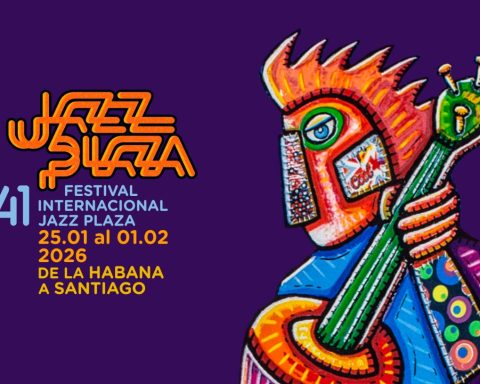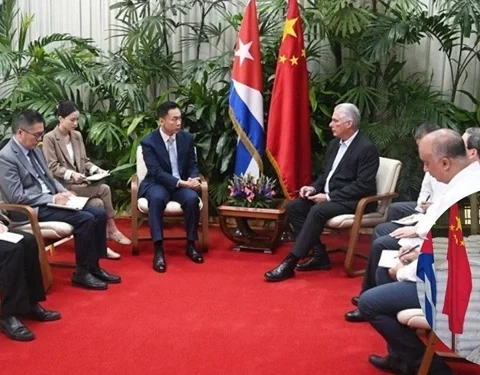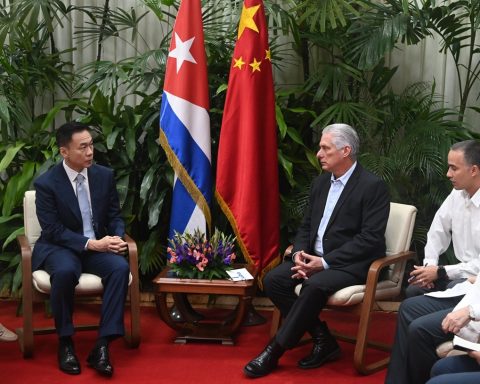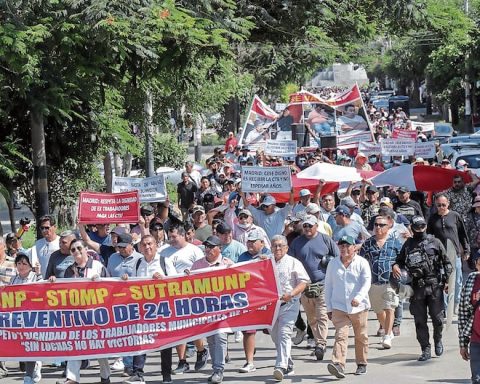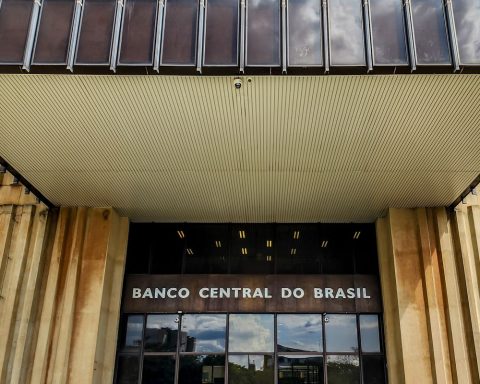The director and manager of that event, Roberto King, specified that from April 5 to 10, the isthmus will receive theater and dance casts from Cuba, Spain, Portugal, Colombia, Mexico in seven rooms and outdoor spaces. , United States and Costa Rica, among others.
The groups bring in their diverse thematic repertoires of our societies such as migration, corruption or lack of love, he pointed out.
In 2020, the Festival had a virtual exhibition only, while last year it was not held, hence the enthusiasm of the sponsors to resume this encounter with the art of the tables that began in 2004.
The Isthmian event will also include children’s shows, dance classes, talks and face-to-face and virtual workshops.
King told the press that the biggest challenge of these last two years was living with the pandemic moments of uncertainty and a lot of anguish due to empty rooms.
“For those of us who organize events, it’s like betting on the air and making an effort, with a lot of desire to not know if it can be done in the end,” he said.
Since 2019, when Panama received groups from Cuba, Brazil, Colombia, Argentina, Mexico, Chile and the national ones, the FAE has not been held with the public.
The Festival’s official website states that this year admission to the theaters will be completely free, “to be consistent with the idea of conceiving a festival as accessible as possible to all.”
By resuming face-to-face attendance, the important thing is that, with the challenges of health security, we manage to recover the essence of the performing arts: being live, the artist in front of his audience, King stressed.
This year the FAE begins its international program with the staging of Bendita Gloria, by the Spanish group Albanta Teatro.
The program also includes a contemporary dance show by the Laboration Art Company Group; from France, entitled Anna.
Also other works that stand out are Tijuana, by the group Lagartijas Tirada del Sol, from Mexico.
Among the Panamanian groups there are expectations with the production company Malapuñalada, and its version of “La Casa de Bernarda Alba”, by Federico García Lorca, an experimental proposal in which the roles of women are assumed by men. This edition of the FAE will be dedicated to the Panamanian dancer and actress Vielka Chú, who for many years dedicated efforts to the production of the first and oldest international festival of performing arts in the Central American country.
load
